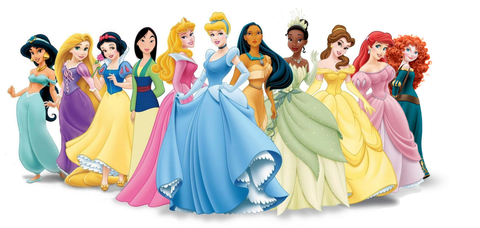Casualization of Mental Health Terminology
When you keep repeating a word or phrase, it loses its meaning, also known as semantic satiation. A similar situation can be seen when the randomization of terms associated with mental health becomes commonplace. Such instances dilute the seriousness of mental health. At a time when mental illnesses are on the rise, we need to be mindful of our words because they matter.
We often tend to go to extremes while defining our mood/state; like when we have a lot of assignments pending, we are ‘depressed’, or when somebody tends to be organized, they are ‘OCD’. Undermining of mental health can be attributed to casually tossing around such phrases in the public domain. This further complicates and undermines the troubles of neuroatypical and makes them feel invalidated or discounted; pushing them into a bigger hole, coming back from which is difficult. Moreover, due to the advent of social media, our words spread very quickly. Depression is among the commonly misunderstood disorders in our culture. When we keep using the term ‘depression’ to vocalise our ‘sadness’, we rob the depressed people of a word which could define their state.
This trivialization would imply that when somebody with mental illness would try to open up, we would take it casually and rather associate it with our fleeting experiences; thereby dismissing their suffering altogether. People would say that such illnesses are not hard to cope with because they were able to come out of it when in reality they were using the wrong lexicon all along. Family members, friends, colleagues are less likely to take a neuroatypical seriously because of this colloquialization and casualization of mental health terminology and thus deterring them to seek help from anybody else ever. Bottling up these thoughts could worsen the situation and further stigmatize mental health, thus forming a vicious cycle.
But then again, one could argue that people are being overly sensitive about it and everyone has the right to describe their state by terms they find apt. However, if one is not fully aware of its meaning and context, using such terms would alter the meaning of the term itself. Therefore a need to come up with another set of vocabulary for mental health would arise. It is not about defining who can say what but rather about giving a way out to people who need a word to describe ‘turmoil’ of experiences they are facing.
Javi Barria, Seattle Children’s Hospital Ambassador, spent her time as a teenager at Seattle Children’s Psychiatry and Behavioral Medicine Unit as she struggled with anxiety, depression, and thoughts of suicide. This is what she said about this, “Something I’ve encountered a lot in college has been people saying that they want to kill themselves just because something didn’t go their way. As someone who has been in that position where it felt like that was the only way out, it’s something really hard to hear.”
The use of terms related to mental health casually can be attributed to ignorance, romanticizing mental illnesses to look cool or trendy, thoughtlessness, attention-seeking tendency, self-diagnosis, or simply due to human nature to exaggerate. When we feel frail and lazy, we never use ‘Cancer’ as a throwaway term to describe our state as we are aware of what it really is. We need to have this awareness about mental health too.
We can rectify this by using the right vocabulary, by using alternative and more accurate words, and not using terms associated with mental health as adjectives or metaphors. People need to snap out of this pejorative habit. For example, when you are critical about details, you do not have OCD but are simply organized. We need to choose our words wisely and make an effort not to use self-deprecating words to make a difference in our self-care and for the betterment of others around us. Comprehensive research of the illness, taking medical guidance, interacting with the mental health professionals, and then arriving at a conclusion is required. It is our moral responsibility to stop other people from doing this and we need to educate them about the seriousness of the same. We have to be curious and ask people to fully explain what they are feeling. It is our collective responsibility to ensure that we don’t make lives harder for people.
Earlier people were stigmatized and demeaned based on their mental health and now the manifestation of this stigma has reduced. But at what cost? Our ship has sailed too far away. Earlier we would lock mental problems away but now we embrace it so tight that we just hurl it around anytime. It makes them as invisible as being locked away. From stigmatization to trivialisation of mental health, we are still treading on the same path. It is just as bad as we are just dwindling on the two extremes of a bus that is about to fall from a cliff.




Comments